Ahead of appearing on the show, Love Island contestants have to undergo strict psychological assessments and screening.
This year, contestant were given training and guidance covering inclusive language around disability, sexuality, race and ethnicity, behaviours and microaggressions.
But with Islanders such as Luca and Jacques being accused of showing ‘toxic’, ‘controlling’ and ‘misogynistic’ behaviours in recent days, how does the show deal with this?
We speak to a counsellor, to find out about the mental health support available to islanders before, during and after the villa.
On set therapy
Denise Freeman is a counsellor, psychotherapist and member of the British Association for Counselling and Psychotherapy.
She provides advice to TV and film companies, helping them support the mental health of actors, contributors and wider crew.
Denise says: “Big organisations have in-house teams with psychologists and psychiatrists they use regularly and sometimes they’ll bring in an aftercare team.
“Independent production companies will bring on someone like myself. I might be asked to support on set, or provide therapy and post-production support.”
‘We listen and look at body language’
Denise continues: “It falls down to a duty of care. We have to have ways of measuring a person’s resilience and state of mind to participate in these shows.
“A good psychologist is needed: We’re not just listening to answers, but we’re looking at other things such as body language.
“We’re also looking at elements of risk – tests to identify anxiety, depression or PTSD, for example, as well as their learning style, interests and beliefs, because you’re working from a brief of the sort of contestants they want on the show,” says Denise.
Love Island psychological assessments
ITV, who came under fire following the deaths of previous Love Island contestants, says it has various support measures in place including:
- Registered mental health professionals engaged throughout filming and aftercare to provide support to contestants when needed.
- Psychological and medical assessments including reports from each islander’s own GP.
- A senior team on the ground trained in Mental Health First Aid.
- A welfare team dedicated to islanders during and after the show.
Mental health toll
Questions have been raised about the impact on body image, anxiety and online trolling across the show’s eight season run.
Denise says: “Rejection can really bring up issues that have been lying dormant for some time, such as eating disorders or self-harm.
“It’s the labelling as well: People become known as ‘the guy who cheated’. You’re defined by an action you made or what is perceived as a mistake.”
Trolling and online abuse
Online abuse has real consequences on the individual before and after filming, says Denise:
“It can really affect the way you interact with other contestants and can stop you from being your authentic self.
“To go in knowing you have been ridiculed or trolled or have been subjected to racist abuse, it’s going to be difficult to be yourself, especially with the racism
“You can become quite secluded and withdrawn. So it’s important to have someone on hand to manage that and work through issues with contestants.”
How does the show deal with ‘controlling’ behaviours?
This week it was revealed Women’s Aid has been in talks with ITV following the behaviour of some contestants.
It's a really positive move for us to be in discussion with the team at @LoveIsland about how we can work together moving forward, to address the issues and concerns raised. Thank you to our followers on Twitter for reaching out to us about this. #EndAbuseTogether
— Women's Aid (@womensaid) July 18, 2022
Women’s Aid said it wanted to “work together” with ITV to address issues and concerns raised by followers and Love Island viewers.
The charity has criticised producers for missing out “an understanding of controlling behaviour in relationships” in its inclusion training for contestants.
ITV said it was “always looking at how we expand and evolve on this training”.
The move comes after an incident where contestant Luca accused partner, Gemma, of flirting with another Islander, despite insisting she wasn’t interested in him.
The situation saw almost 2,500 people contact the television watchdog, Ofcom, to complain.
What happens after the show ends?
Current aftercare for Love Island contestants includes bespoke training on dealing with social media.
They also get advice on finance and adjusting to life back home as well as a minimum of eight therapy sessions and extended contact if needed, says ITV.
Denise continues: “Most importantly it’s about aftercare. That part is so often forgotten. It needs to be really thought through – this is when contestants struggle the most.
“All I can hope is production companies see this as integral to a production and they put enough money in so there are people to support contestants afterwards.
“How a person will cope and deal with that will depend on how resilient they are. Fundamentally, it’s just important they have a person there to talk to about it.”
For more information about the services Denise can provide, email enquires@realfocustherapy.co.uk
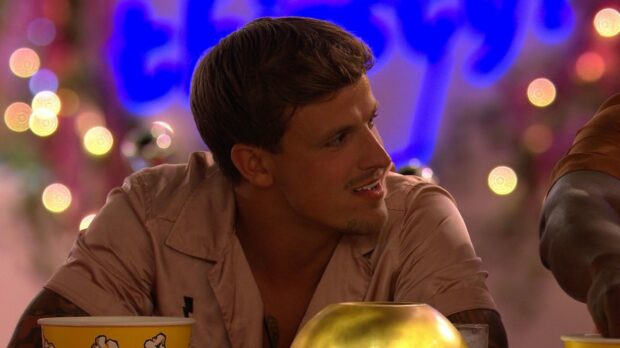
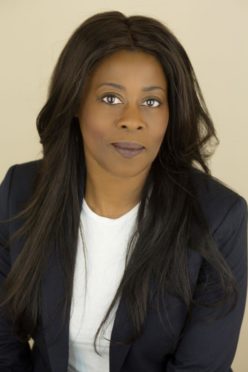
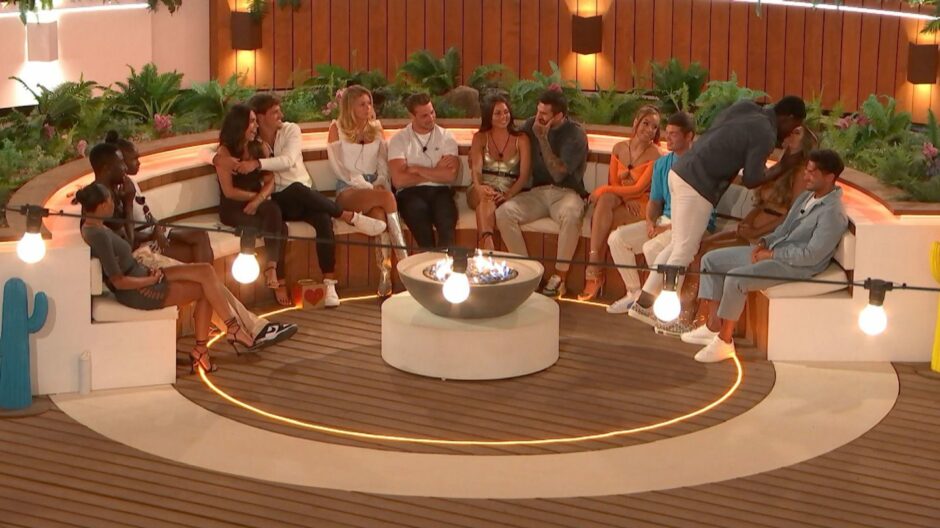

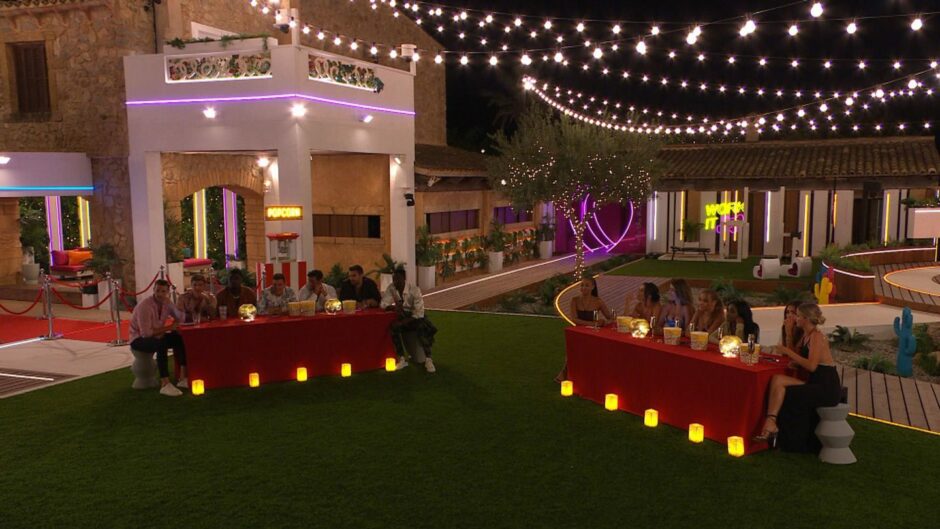
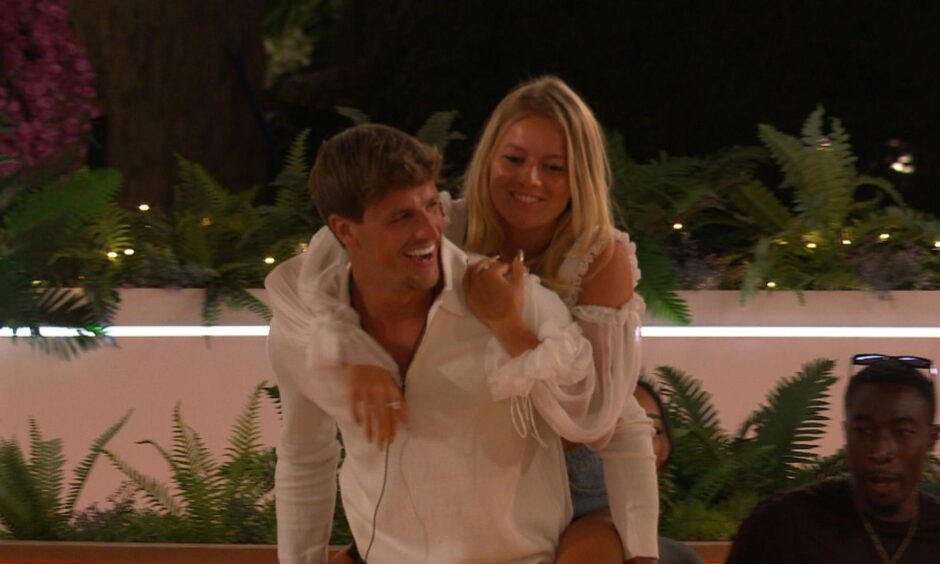
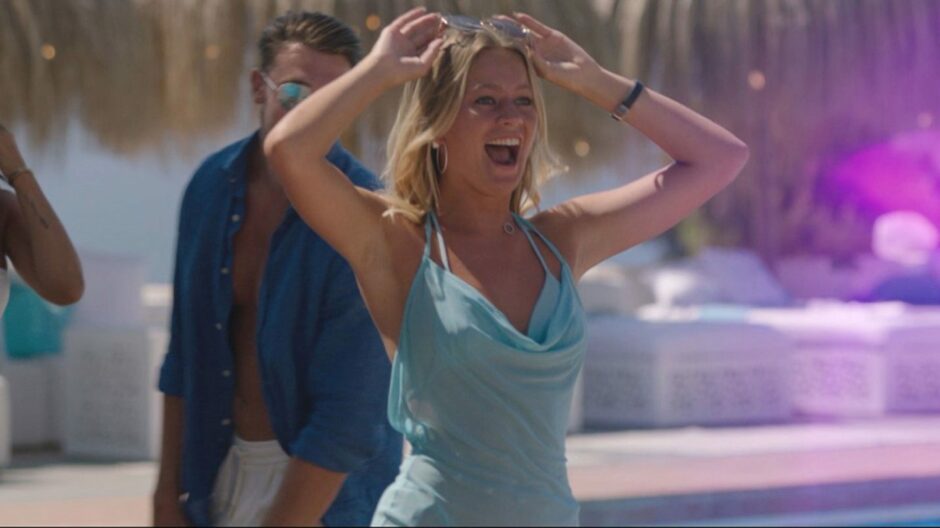
Conversation